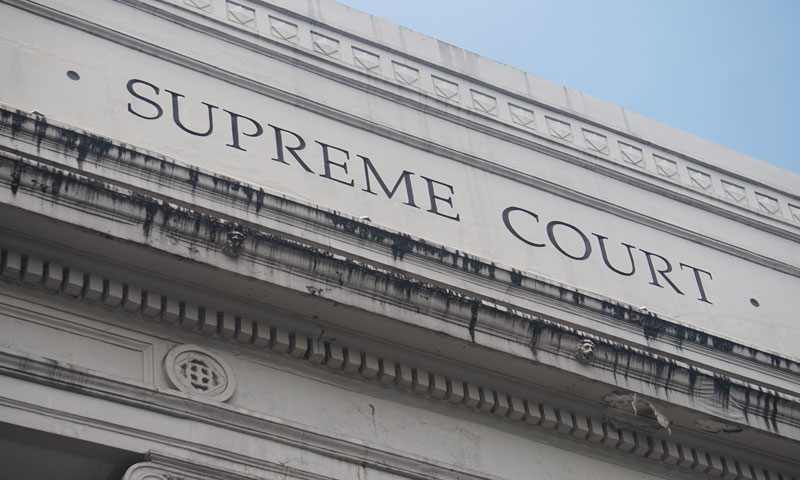
The 2nd Circuit had issued a bench ruling earlier this month in the matter, which Cleary Gottlieb had complied with, but the case shows an interesting revelation of law firm inter-dynamics in court.
In the instant case, a three-lawyer firm, Lankford & Reed, based in Alexandria, Virginia and Langrock Sperry & Wool, a 25-lawyer law firm from Middlebury, Vermont, had been penalized by U.S. District Judge Deborah Batts for filing court papers four days late in a lawsuit. As penalty, Judge Batts had ordered the law firms must pay Cleary its attorneys’ fees for its next brief in the dispute, which in this case was Citibank. Cleary’s fees amounted to $24, 400.
While representing a Missouri resident, Robert Wilson against Citigroup and Opportunity Equity Partners, in March, 2011, Reed sent a letter to the judge on July 11 requesting that a filing due on July 11 be extended to July 28. His request cited other scheduling obligations and a generic request that had already been denied without showing reason by the court earlier in the month.
On receiving no response from the judge, Reed submitted the motion four days beyond the July 11 deadline.
The judge responded to the July 11 letter after two months, but while issuing an order acknowledging the scheduling conflicts and providing an extension, she slapped a penalty on the two law firms. The law firms paid the penalty to Cleary, and then appealed.
Cleary filed a brief to the 2nd Circuit supporting the judge’s decision and holding that the two small law firms must pay for Cleary’s work. The brief claimed that there was sufficient cause to penalize the two small law firms because they “negligently failed to follow the Federal Rules of Civil Procedure, the local district rules and comply with the district court’s instructions.”
However, a three-judge panel of the 2nd Circuit ruled that judge Batts had not provided the small law firms with sufficient opportunity to respond to their impending sanction. The appeals court also said that there was no evidence to prove that the law firms had acted in bad faith when filing the paperwork four days beyond the deadline.
Cleary returned the money to the two law firms, following the ruling of the 2nd Circuit. The 2nd Circuit also observed that the U.S. District Court in Manhattan, had “abused its discretion” by imposing the “severe sanction of attorneys’ fees” on the two small law firms.
Terence Reed, a partner with Lankford & Reed told the media that the sanction was surprising because all of the firms involved, including Cleary, had agreed on the extended deadline, and Cleary supporting the judge’s decision later was unfortunate.
















































